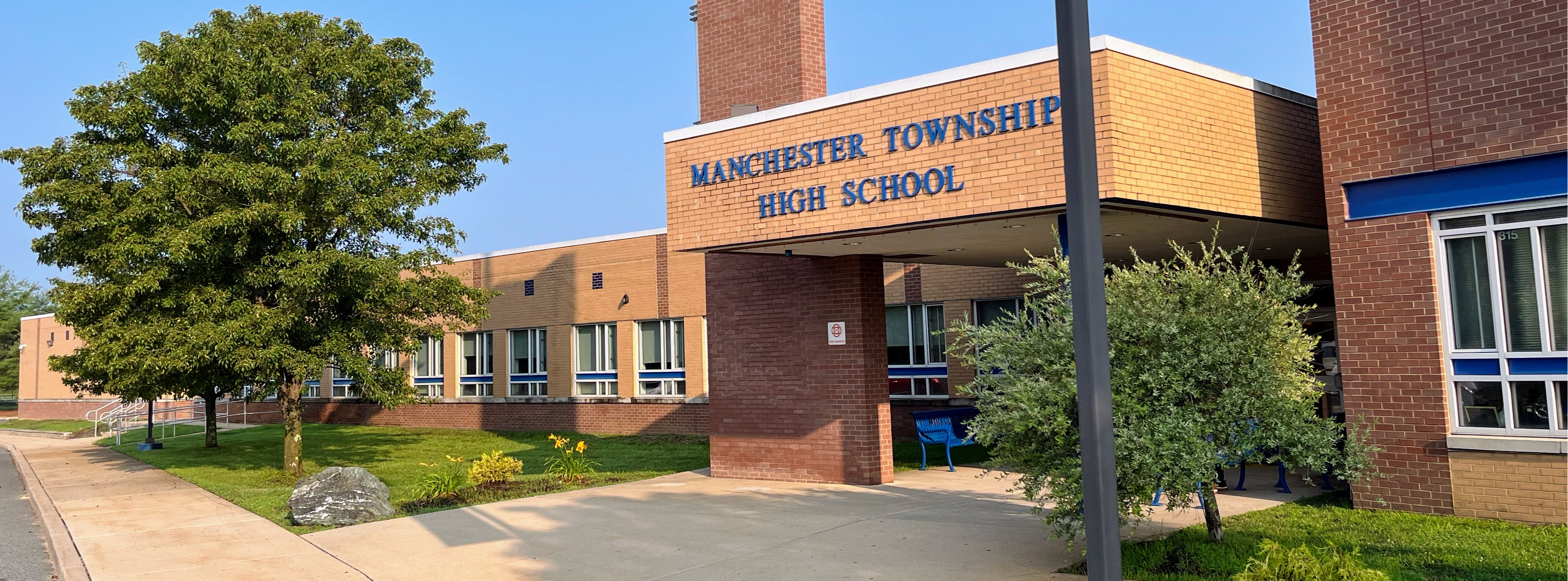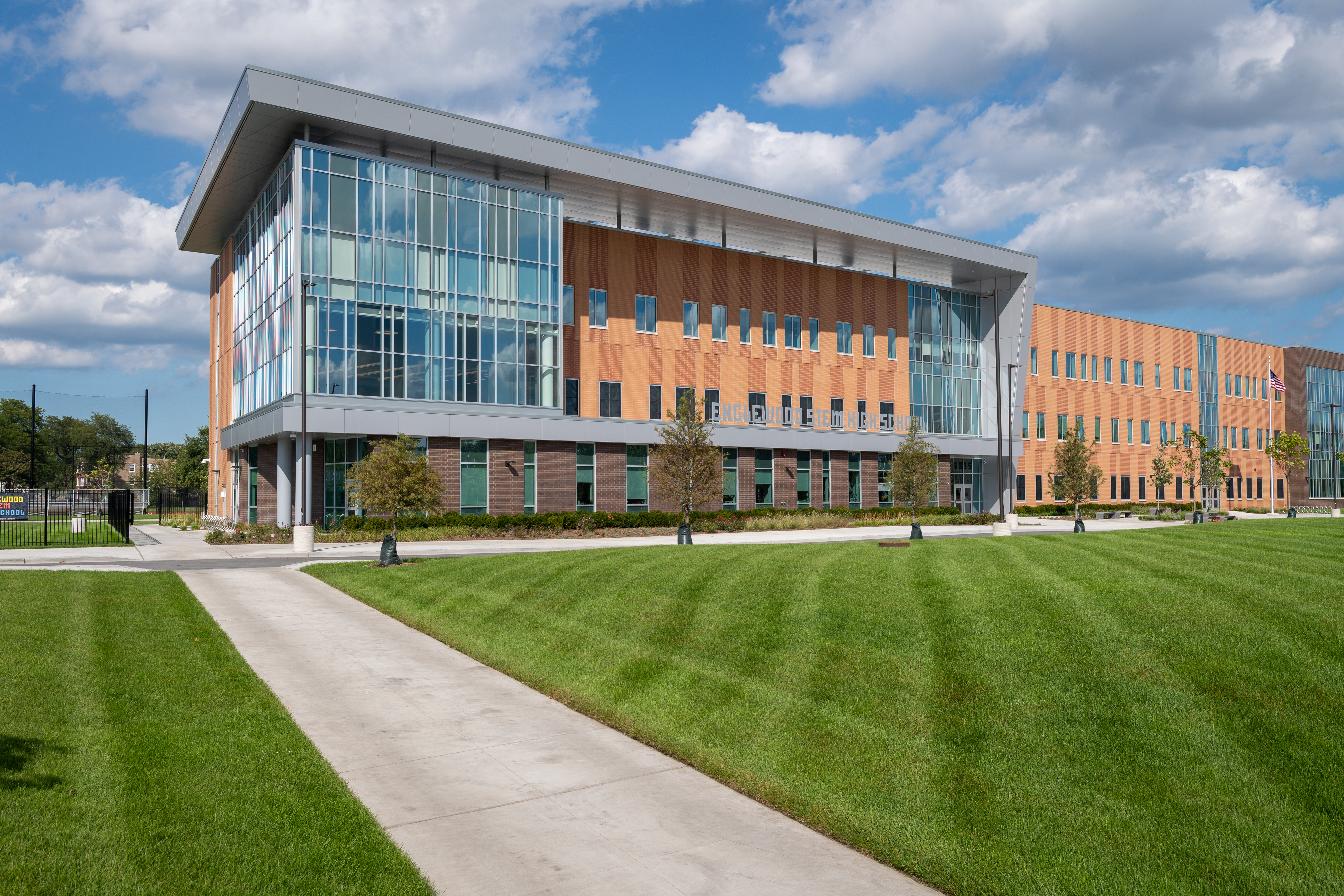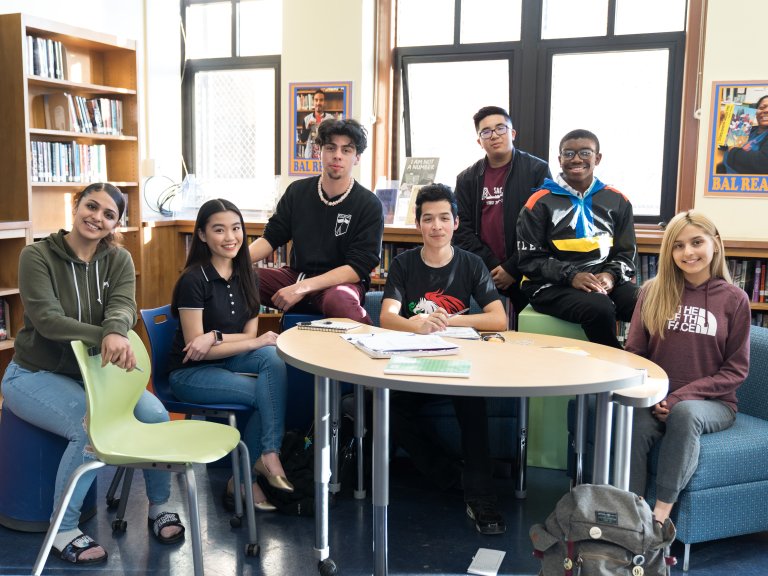How You Can Help Save Temecula Schools for Future Generations
How You Can Help Save Temecula Schools for Future Generations
Blog Article
Understanding the Relevance of Institutions in Youngster Development and Neighborhood Growth
Institutions' engagement with local neighborhoods via service-learning campaigns strengthens the bond between families and instructional organizations. This symbiotic partnership highlights the significance of institutions in supporting energetic citizenship and long-lasting knowing behaviors.
Academic Achievement
Academic achievement functions as a cornerstone of child development, giving the foundation whereupon future knowing and success are built. Colleges play an essential duty in cultivating this academic development, using organized atmospheres where youngsters can obtain necessary expertise and cognitive skills. Standardized educational program guarantee that pupils gain effectiveness in core subjects such as maths, science, and language arts, which are important for both college and specialist opportunities.
In enhancement to giving essential academic abilities, schools additionally cultivate critical thinking, problem-solving capabilities, and intellectual curiosity. These cognitive proficiencies are important for browsing complex real-world circumstances and adjusting to the ever-evolving needs of the modern workplace. Educators, as facilitators of learning, employ diverse instructional strategies to cater to varied knowing styles, thereby optimizing private trainee potential.
In addition, academic success is very closely connected to self-confidence and inspiration. Youngsters that experience scholastic success are much more most likely to establish a favorable self-concept and a long-lasting interest for knowing. Colleges also supply numerous resources, such as collections and modern technology, which even more enhance the educational experience and prepare pupils for a technically innovative society.
Social Skill Growth
Beyond scholastic success, the duty of colleges in social skill development is important. Schools work as a main location for youngsters to discover and practice important social abilities such as cooperation, interaction, and conflict resolution. In the structured environment of a class, students connect with peers, teachers, and various other school personnel, providing various opportunities to create these crucial capabilities.
Effective social ability development in colleges is promoted via team tasks, collaborative jobs, and extracurricular programs. These interactions aid pupils comprehend social standards, construct compassion, and cultivate a sense of area. As an example, group jobs educate trainees how to interact towards an usual goal, pay attention to different perspectives, and navigate arguments constructively.

The farming of social skills during academic year lays a foundation for future individual and expert connections. Save Temecula Schools. As pupils mature, the capability to effectively collaborate and communicate ends up being significantly vital, highlighting the college's essential role in all natural child advancement
Direct Exposure to Diversity
Exposure to variety in colleges is essential to fostering an inclusive frame of mind and broadening pupils' perspectives. Schools act as a microcosm of the more comprehensive society, and encountering diverse cultures, languages, and socioeconomic backgrounds within this atmosphere furnishes students with crucial skills for navigating a progressively globalized globe. This direct exposure urges compassion, decreases prejudices, and promotes shared respect among peers.
Varied class additionally enhance cognitive and social growth. Research study shows that students that communicate with peers from diverse backgrounds show far better analytical abilities and imagination. They learn to appreciate various viewpoints, which improves classroom discussions and fosters an extra vibrant discovering experience. This understanding of diversity prepares trainees for future work environments that value modern proficiency.

Community Interaction
The benefits of varied class expand beyond the school walls, cultivating a strong feeling of community involvement amongst trainees. By interacting with peers from various cultural, socioeconomic, and ethnic histories, trainees gain a more comprehensive point of view and an appreciation for variety. This exposure urges them to become energetic citizens that are ready to add positively to their neighborhoods.
Colleges that emphasize neighborhood interaction often integrate service-learning jobs, which enable students to attend to real-world problems while using scholastic abilities. These tasks not only enhance pupils' understanding of their coursework however likewise impart a sense of duty and empathy. Partnerships in between schools and local companies offer pupils with chances to participate in area events, even more strengthening their function as aggressive community participants - Save Temecula Schools.
Furthermore, adult and neighborhood involvement in colleges strengthens the bond in between academic establishments and the areas they offer. Via these initiatives, colleges play a crucial function in nurturing neighborhood involvement and promoting societal development.
Lifelong Understanding Routines
Developing long-lasting understanding habits is important for a child's continuous growth and flexibility in an ever-changing globe. Schools play a pivotal duty in instilling website link these routines by producing an environment that fosters curiosity, essential thinking, and a love for understanding. With extracurricular tasks and varied educational programs, educators motivate pupils to check out different subjects, evaluate information critically, and apply their finding out to real-world circumstances.

In addition, colleges provide a structured atmosphere where youngsters can create self-control and time management abilities, both of which are vital for continuous knowing. By emphasizing the relevance of setting goals, showing on development, and adjusting techniques, academic organizations prepare pupils to navigate the complexities of grown-up life, ensuring they stay lifelong learners and factors to society.
Conclusion
In final thought, schools are important in promoting kid development and area growth by providing atmospheres for scholastic success, social skill growth, and exposure to variety. Via collaborative projects and interactions, schools improve vital thinking, compassion, and communication skills. Community browse around these guys involvement initiatives even more reinforce the bond between local neighborhoods and educational establishments. Ultimately, colleges grow long-lasting discovering habits, equipping people with the needed knowledge and skills to contribute favorably to culture.
In the structured setting of a classroom, trainees communicate with peers, educators, and various other college personnel, using many opportunities to create these essential capabilities.
In essence, direct visit site exposure to diversity within schools not just enhances specific trainees yet also strengthens the social fabric of the area as a whole.
The benefits of varied class extend past the institution wall surfaces, promoting a solid sense of community engagement among pupils.Schools that stress area interaction usually integrate service-learning projects, which allow trainees to attend to real-world troubles while using scholastic abilities. Collaborations in between colleges and neighborhood organizations supply pupils with possibilities to take part in community events, better strengthening their function as proactive community participants.
Report this page